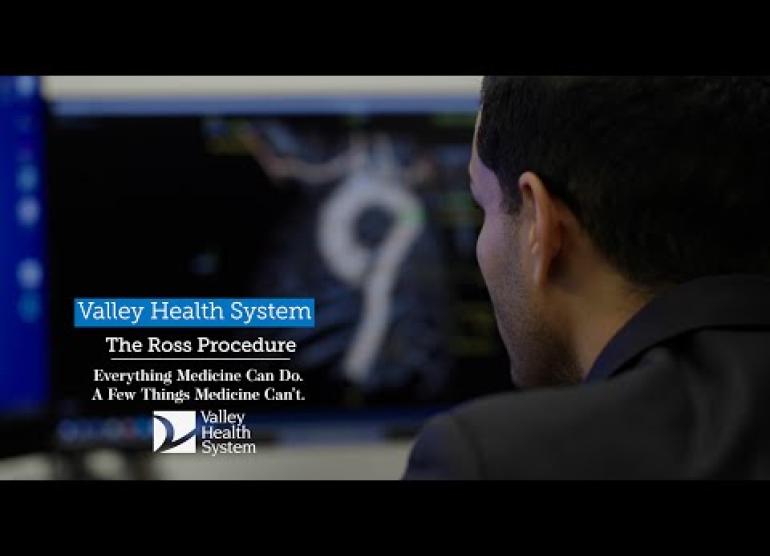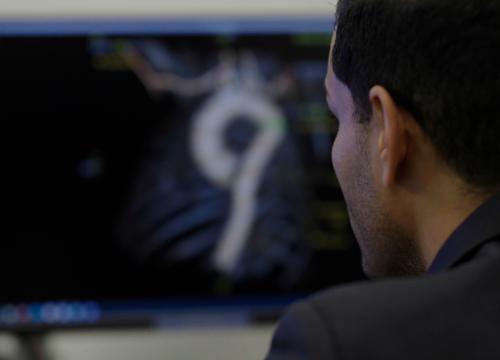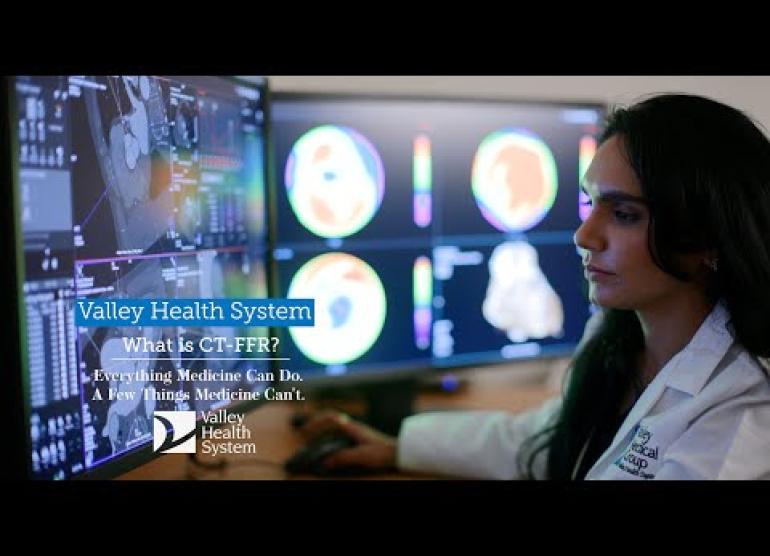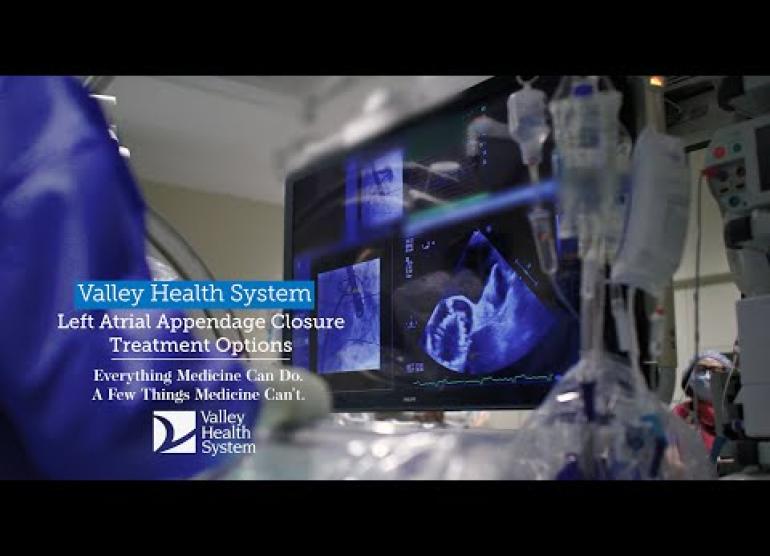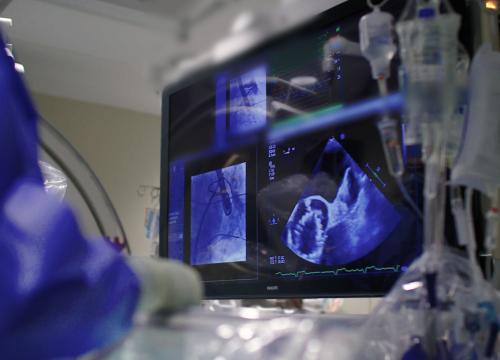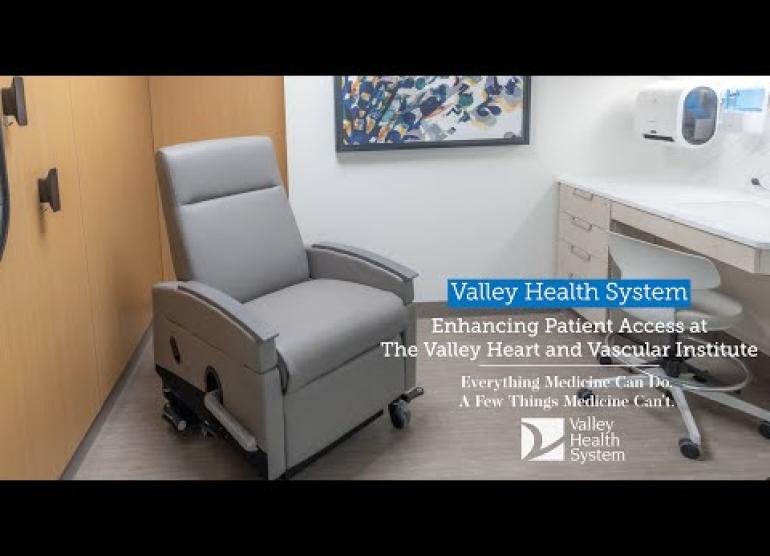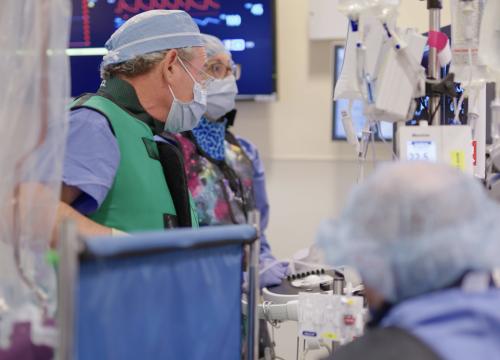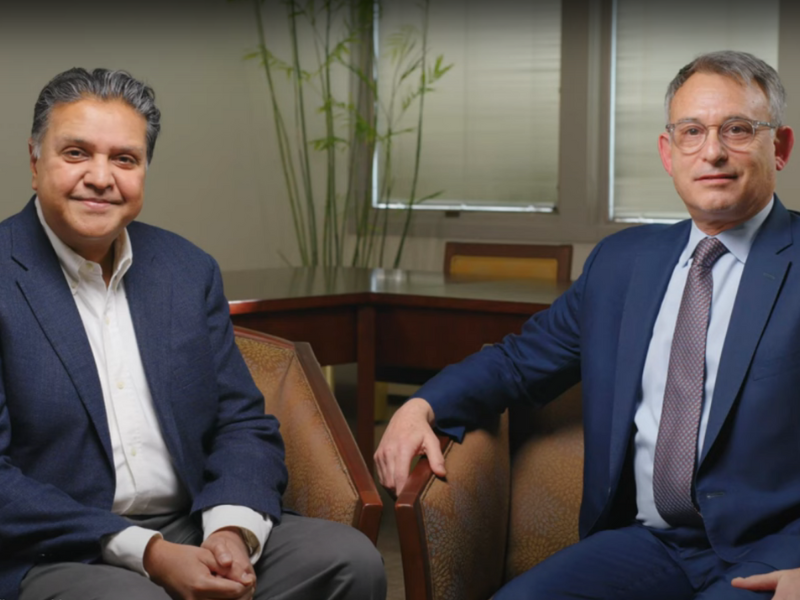
Atrial fibrillation (AFib), the most common sustained arrhythmia in adults, is a widely studied condition, challenging researchers across the country to identify new ways to treat, manage, and prevent disease.
The PROGRESSIVE-AF trial, is one such trial, which looked to evaluate whether initial treatment (catheter ablation with a cryoballoon or antiarrhythmic drug therapy) influences AFib disease progression, defined as progression from paroxysmal to persistent AFib.
The trial is an extended follow-up phase of the Early Aggressive Invasive Intervention for Atrial Fibrillation (EARLY-AF) trial, which looked to evaluate catheter ablation with a cryoballoon compared with antiarrhythmic drug therapy among patients with paroxysmal atrial fibrillation. More than 300 patients with symptomatic paroxysmal atrial fibrillation who were not on Class I or Class III antiarrhythmics were enrolled in the trial. All patients had an implantable loop recorder placed. Patients were randomized to cryoballoon ablation versus antiarrhythmic drug therapy.
Conclusions from the EARLY-AF trial showed that cryoballoon ablation was also associated with less AFib in follow-up as well as a reduction in hospitalization compared with antiarrhythmic drug therapy.
Following the conclusion of the EARLY-AF trial, the PROGRESSIVE-AF trial extended follow-up for these patients to three years to provide researchers with a look at the progression of disease. The study found that by three years, treatment with cryoballoon ablation was associated with a lower incidence of persistent AFib or recurrent atrial tachyarrhythmia when compared to treatment with antiarrhythmic drugs.
The findings from the PROGRESSIVE-AF trial underscore the importance of thoroughly discussing available treatment options. Patients and their loved ones should have an open dialogue with the patient’s electrophysiologist to better understand the patient’s preferences. Using this information, the team – with the patient at the center – can determine an individualized treatment plan, .













